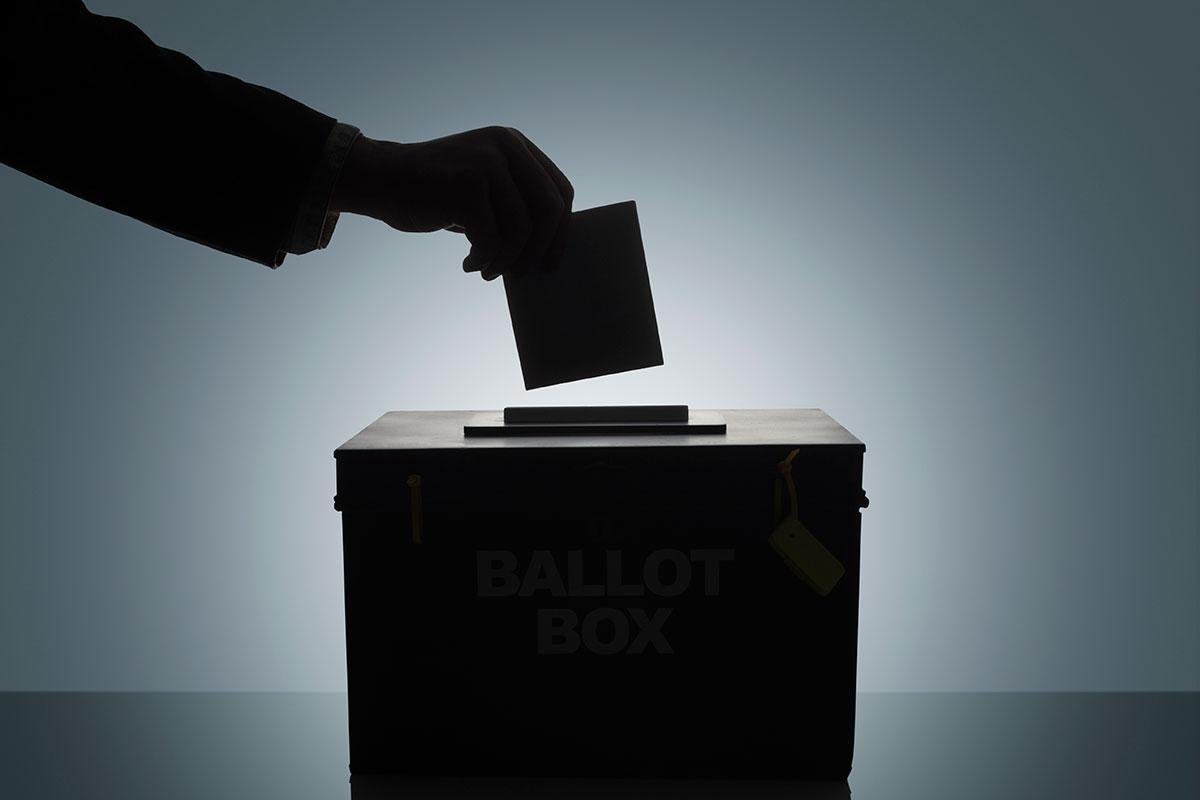The Zimbabwe Election Support Network (ZESN) has called for a constitutional amendment to allow citizens to recall failing politicians as a way of strengthening representative democracy.
In a position paper titled “Recalls, Subsequent By-Elections, Lessons Learned, and Insights Into Democratic Processes in Zimbabwe,” ZESN argued that recalls have harmed Zimbabwe’s electoral democratic processes and have led to the fragmentation rather than the intended consolidation and stability of opposition political parties.
“The recalls of elected representatives have resulted in the abuse of power by individual political rivalries to try to reverse previous elections,” ZESN argued. “Recalls have also undermined the right of elected representatives to freedom of association and expression, with many of them opting for party loyalty over the interests of the electorate or constitutional principles.”
Following the controversial 23-24 August 2023 elections, several Citizens Coalition for Change (CCC) elected representatives were recalled at the instigation of Sengezo Tshabangu, who claimed that he was the party’s interim secretary-general.
“The recalls were not citizen-driven and have allowed ZANU PF to maintain political hegemony and domination of Parliament through deals with opposition political elites. A strong opposition presence in Parliament is good for democracy,” ZESN said.
As part of recommendations, ZESN proposed a “high-threshold citizen-led recall process.”
“This will enable citizens to maintain the right of recall as a tool of direct democracy and a reinforcement of representative democracy in a context where politicians largely lack accountability and programmatic delivery,” the organisation said.
“However, the recall has to be regulated to avoid political manipulations consistent with semi-democratic states. Zimbabwe, therefore, needs to urgently consider a constitutional amendment that would give citizens and not political parties the power to recall failing politicians in a representative democracy without having to wait for five years.”
The proposed recall process is a four-stage process which starts with a petition to recall the representative which must be signed by a high percentage of the electorate with some jurisdictions making it more than 30% like in Canada, Nigeria and Uganda.
Second, there is a judiciary review followed by a vote on the question of recall, where the broader citizens of the constituency are asked whether or not they want to recall the representative.
Fourth, if a referendum is successful a by-election to fill the vacancy is then held and usually a simple majority is needed.
They argued that the Constitution should provide that a popular recall of elected representatives may only be initiated directly by citizens of the concerned constituencies through a written petition and not by political parties.
“There is a need to enact time limits within which recalls may be allowed to happen. For example, in Argentina, Colombia, Ecuador, and Kenya, the recall is possible at least only after the first year of the term to give the elected official ample time to prove his or her abilities and at least before the last 12 months of the term,” they also proposed.
Another proposal is that the constitution or electoral act must lay out the substantive grounds for a recall as reflected in most jurisdictions. These are usually around mismanagement of public funds, neglect of duties prescribed by law, and conviction during the term of office of a serious crime.

